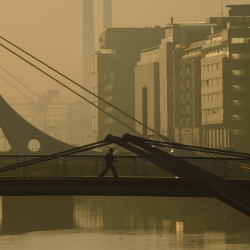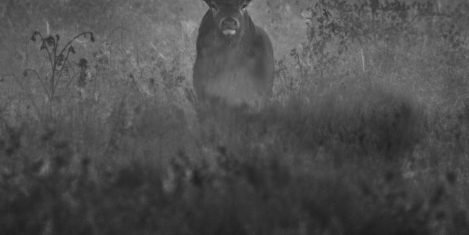July 7, 2023
Most people now at risk of poor mental health as a result of social exclusion
 More than half of people in the UK have experienced social exclusion in the past year, leading to poor mental health and wellbeing, according to a new report from BUPA in partnership with ParalympicsGB. The poll suggests that 58 per cent of British people have felt excluded at some point in the past year – leading them to feel shut out when going about their daily life (28 percent), at work (27 percent) or within society (24 percent). Bupa’s survey also claims that 30 per cent of people have felt a negative impact on their general mental health due to their experience of social exclusion, with many left feeling isolated (41 percent), sad (41 percent) and anxious (33 percent). (more…)
More than half of people in the UK have experienced social exclusion in the past year, leading to poor mental health and wellbeing, according to a new report from BUPA in partnership with ParalympicsGB. The poll suggests that 58 per cent of British people have felt excluded at some point in the past year – leading them to feel shut out when going about their daily life (28 percent), at work (27 percent) or within society (24 percent). Bupa’s survey also claims that 30 per cent of people have felt a negative impact on their general mental health due to their experience of social exclusion, with many left feeling isolated (41 percent), sad (41 percent) and anxious (33 percent). (more…)



































July 21, 2023
It is possible to balance the positives and negatives of stress at work
by Lisa Gunn • Comment, Wellbeing